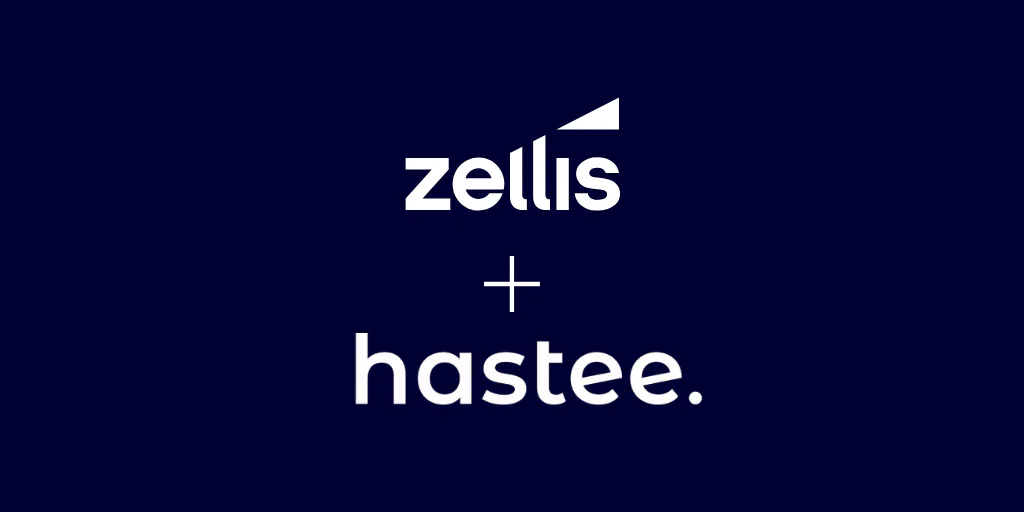
If you save regularly, you’ll quickly find that your savings add up and keep growing. Get into the habit and watch your money turn into more money.
- Make saving a habit
- Do it on pay day
- Earning interest on interest
- How much can you afford to save?
- What about regular investing?
Make saving a habit
The easiest way to get your savings working for you is to set things up so that you automatically add a little bit each month to your savings.
That way you won’t have to remember to make the payment and you won’t be tempted to skip a month.
Use our Quick cash finder tool to find easy ways to cut your spending.
Before you know it, you’ll have built up a solid chunk of savings for example, one way of saving tax efficiently is through a Cash ISA.
One of the quickest way to do this is to set up a standing order (a regular payment) from a bank current account into your chosen savings account.
Do it on pay day
The best time to put a bit of money aside is just after you’ve been paid, so set up your standing order to go out on, or just after pay day.
Or ask your workplace if they have a savings scheme – and think about joining it if they do.
This makes saving even easier, because the money comes straight out of your pay, just like your tax and National Insurance contributions.
Earning interest on interest
Top tip
Getting into a regular savings habit is more important than how much you put away – you’ll be surprised how quickly a few pounds each month builds up!
As your savings build up, they’ll grow faster– even if you’re only paying in the same regular amount.
This is because each time the interest earned on your money is paid into your account it starts earning interest too.
This interest-on-interest is called compound interest, and over the longer term it makes a big difference to how much your savings are worth.
How much can you afford to save?
If you’ve got money left over at the end of each week or month then great – you’ve already got your starting point.
You’ll be able to save this amount – and maybe even more.
But even if there’s usually nothing left, it doesn’t mean you can’t save – it’s not easy to change how much money you have coming in but most people can change how much goes out.
What about regular investing?
The UK government defines saving as putting money aside without risk, and usually with the chance to earn interest.
Investing involves committing money into an investment vehicle in the hopes of making a financial gain.
Investing is different from saving because it involves a greater level of risk and there is no guarantee that you’ll get your money back.
You can make regular payments from as little as £25 a month into investment products, such as a Stocks and Shares ISA or Unit Trust Investment Funds.
Investment products are for the longer term and are generally suitable if you already have enough cash savings to keep you going for 3-6 months if needs be.
Investments generally outperform cash savings over the longer term, but their value can rise and fall, so you have to be prepared to take on some risk.
They might be suitable for people who don’t require easy access to their money and are prepared to take on some risk.
Next steps
- Top tips for choosing a savings account
- Top tips for choosing investments
- Choose a savings or investment account
This article is provided by the Money Advice Service.









